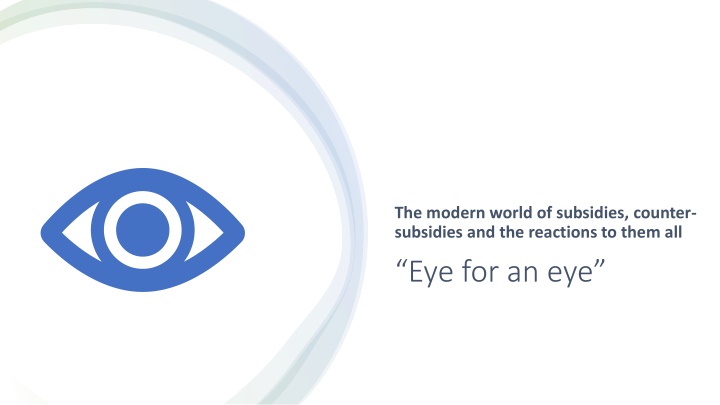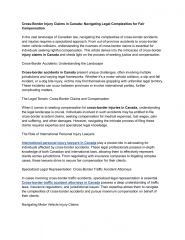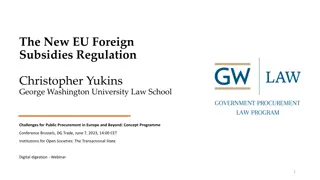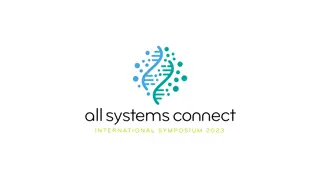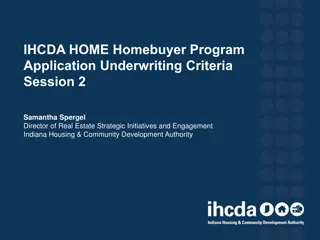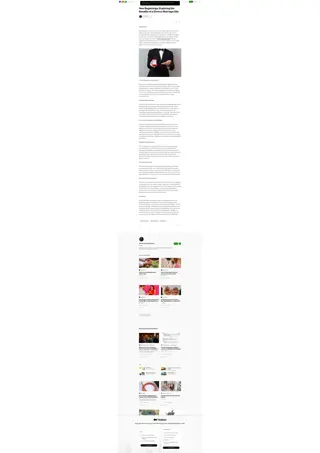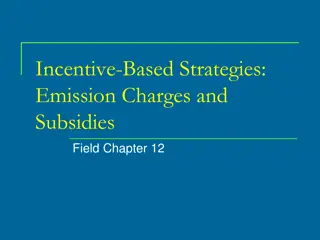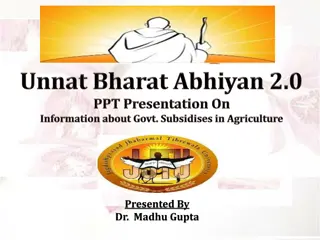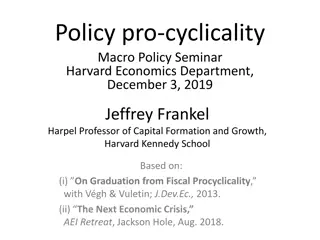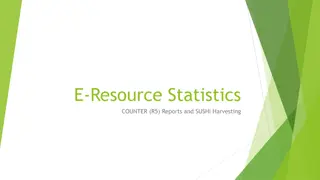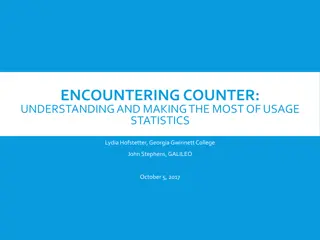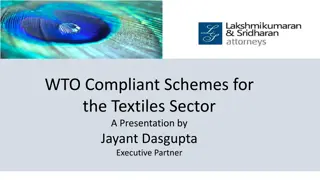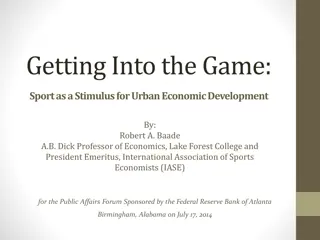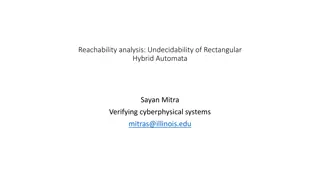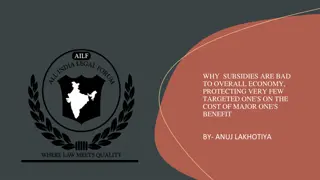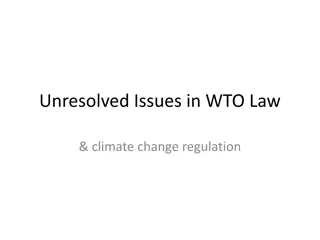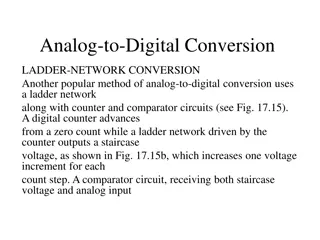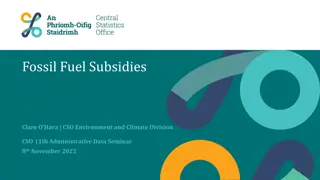Navigating the Complexities of Subsidies and Counter-Subsidies in the Modern World
Delve into the intricate web of foreign subsidies regulation, trade remedies, inflation reduction initiatives, state aid frameworks, and more that shape global economic landscapes. Explore the concepts of self-help, retaliation, and escalation as commonly agreed solutions amidst increasing complexities in international relations. Discover the challenges posed by subsidies, unilateral reactions, and special interests, while considering the importance of compliance with international law.
Download Presentation

Please find below an Image/Link to download the presentation.
The content on the website is provided AS IS for your information and personal use only. It may not be sold, licensed, or shared on other websites without obtaining consent from the author.If you encounter any issues during the download, it is possible that the publisher has removed the file from their server.
You are allowed to download the files provided on this website for personal or commercial use, subject to the condition that they are used lawfully. All files are the property of their respective owners.
The content on the website is provided AS IS for your information and personal use only. It may not be sold, licensed, or shared on other websites without obtaining consent from the author.
E N D
Presentation Transcript
The modern world of subsidies, counter- subsidies and the reactions to them all Eye for an eye
What am I thinking of? Foreign Subsidies regulation = remedies for subsidies granted by non-EU countries that produce impact on EU internal market (beyond trade to investment and competition) Trade remedies for transnational subsidies = countervailing support given by country A to enterprises in country B (recently confirmed by EU General Court!) Inflation Reduction Act ( IRA ) = significant support (i.e. tax credits) to local (& friend ) industry investing/manufacturing green ( electric vehicles ) Temporary Crisis and Transition State aid Framework ("TCTF") = loosening of EU State aid disciplines aimed at boosting and retaining clean tech investments in Europe ( matching aid to avoid relocation) Carbon Border Adjustment Mechanism ( CBAM ) = imposing EU carbon price to imports (pressure to exempt exports) Subsidies! Subsidised FDI! Etc etc etc
Three ideas - Self-help, retaliation, escalation - commonly agreed solutions and/or disciplines - Complex web of actions (subsidies, counter-subsidies, unilateral reactions, new policy tools) all linked to each other
Background - Multilateral not effective - Preferential reached its potential - for now - More complex geo-politics even before Russia-Ukraine war, now even more acute - Overlapping economic crises need for stimulating/supporting recovery and meeting defining challenges (climate change) - Basic tenets of international law, i.e. WTO law (the zeroth level ), still there
Everybody does what they can - Increase subsidies not necessarily bad provided they are not protectionist - Introduce unilateral buffering mechanisms - not necessarily bad provided they comply with international law - Amend their national regulatory frameworks not necessarily bad, provided they comply with international law
What is not new? - Subsidies! As old as the world! - Frictions they may cause in international relations - Elusive transparency increasingly a problem - Special interests pressure for support (e.g. very dubious in terms of rationale and legality - export-relief in the context of CBAM)
What is new? - We are beyond the traditional buy local > free trade partners & friend-shoring and creation of new political(->)economic blocks example IRA - If common rules do now work (i.e. inefficient, lacunose), then self-help, which often goes beyond traditional counter-subsidies and complaints with multilateral DS examples: new subsidy concepts and unilateral tools ( transnational subsidies , foreign subsidies) - Increasing mix of State enterprises-subsidies increasingly crossing borders (SWFs have been creating frictions for their investments abroad for many years now but in very recent years this has reached new levels)
